Think about the last time you prepared food - what did you throw away? How quickly did the trash can fill up?
How many plastic bags did you pay for the last time you went grocery shopping? How many plastic bags have you paid for in the last month?
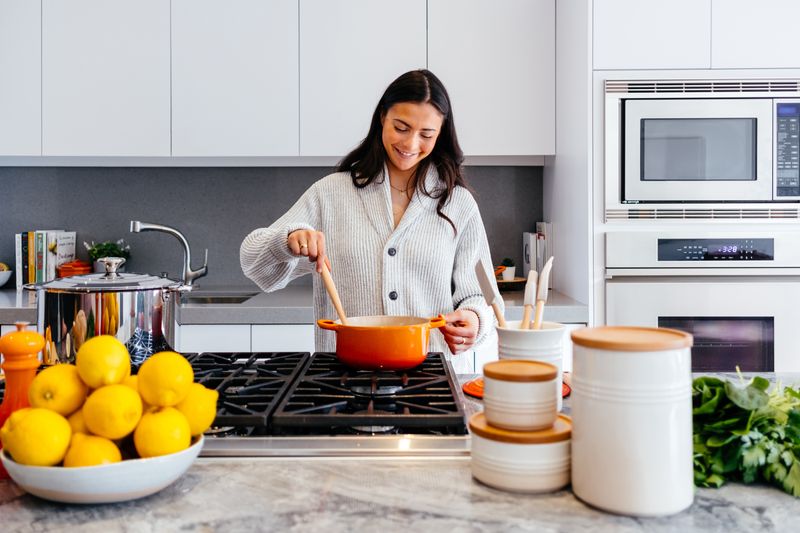
In this Byte you will learn tips on how to reduce kitchen waste at all stages, from the grocery store, to cooking, to disposal!
Choosing a more sustainable lifestyle is not only beneficial for the environment but also will help you save money. Read more to learn how to kill two birds with one stone!
Grocery Shopping
Packaging surrounds us from the moment we enter a grocery store or shop. Below are 4 simple tips to reduce the waste you bring into your home.
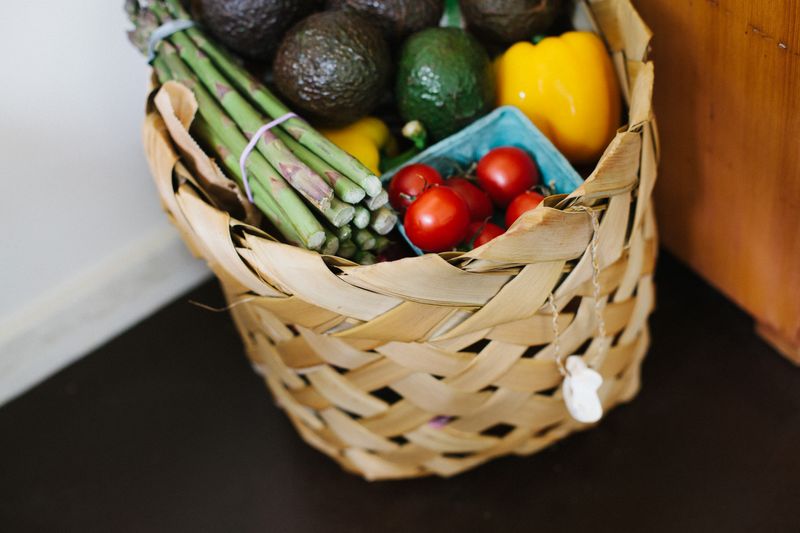
Use reusable bags - totes and fabric bags are one easy way to make sure you are not returning home with too many plastic bags which eventually end up in landfills. This tip can be applied to shopping in general, not only groceries.
Grow it yourself - definitely easier said than done, but your favorite herbs and, if you have space, even your vegetables can be grown at home. By growing at home, you skip the pesticides, price tag and plastic bags!
Buy in bulk - stock up on ingredients you know you will need to buy again in the future, especially when buying loose spices or nuts. Avoid the second trip to the store and the second plastic bag!
Make use of natural packaging - fruits and vegetables, for the most part, come in their own natural packaging - their SKIN! When possible, avoid re-bagging them in plastic. Naturally, in some cases (lettuce and leaves for example) you will need to use a plastic bag, but try to limit it where possible.
In the Kitchen
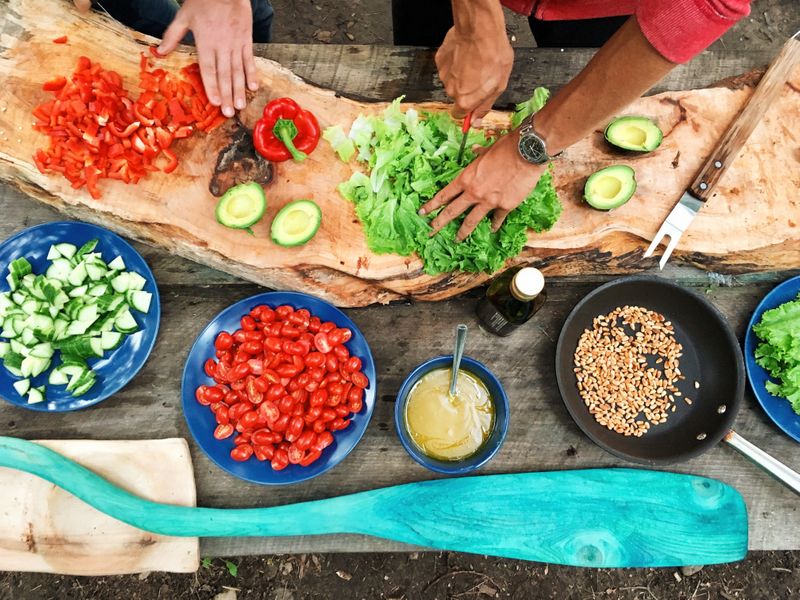
Cleaning: Vegetable skins and scraps and meat bones and scraps make the perfect broth! Don't throw them away - instead keep them aside in the freezer, once the bag is full make homemade broth!
Instead of using paper towels to clean surfaces, use sponges or dish cloths.
Cooking: When planning your next meal, always aim to use items with a shorter shelf life first. This is important and will ensure that you do not waste food unnecessarily. Get creative with ingredients - if something is expiring soon try and add it into your recipe instead of having to throw it. Use glass containers to store food and leftovers - put them in the freezer if need be!
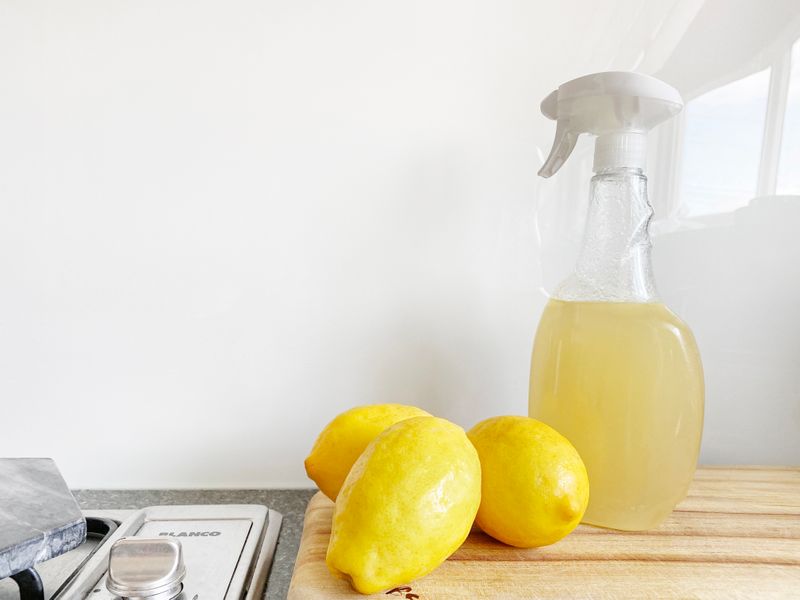
Quiz
Aydin came home from the grocery store, emptied his tote bags and started storing his food away. He bought enough meat to use for the month. He stored all the meat in the fridge. What could Aydin have done differently?
Disposal
A few quick tips to make sure you are not throwing away too much!
Compost! After using as many scraps as you can for broth or other dishes - compost perishable items.
Recycle - but be aware of what you cannot recycle. As an example, take away cups are not recyclable as they have a plastic lining. Better yet - take your own mug to your local cafe.
Compress your garbage as much as you can. By pressing it down you are using one plastic bag for a larger volume of garbage.
Don't throw it away - get creative! Repurpose or freeze left overs and items you will not use before expiry!
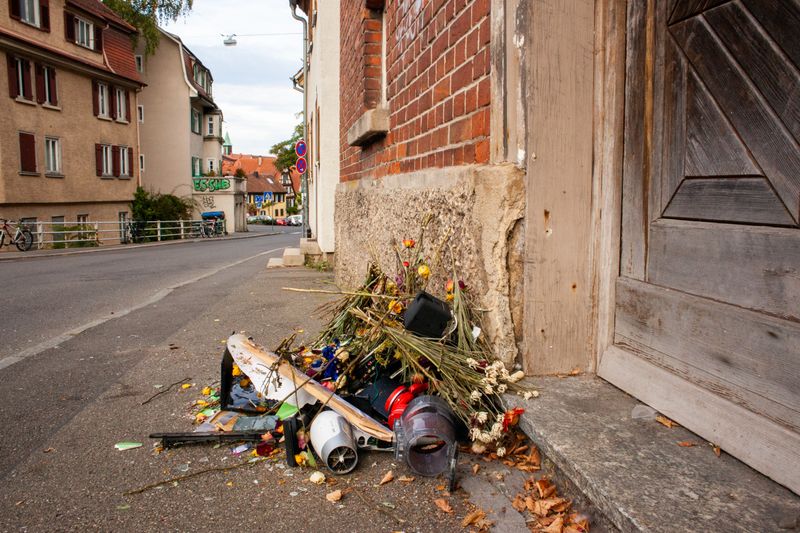
Most importantly - turn these tricks into habits and change your mentality.
Together we can avoid images like the one on the left from becoming a constant.
Try these tips out and you can save a lot more than you think!
Quiz
Where does a to-go coffee cup belong?
Take Action
Small changes to your routines and habits can make a large impact on the environment and your pocket! Set up a plan to incorporate one of these tips today, two in the next week and four in the next month. Slowly you will notice a larger change in your kitchen, pocket and behavior!
Your feedback matters to us.
This Byte helped me better understand the topic.
